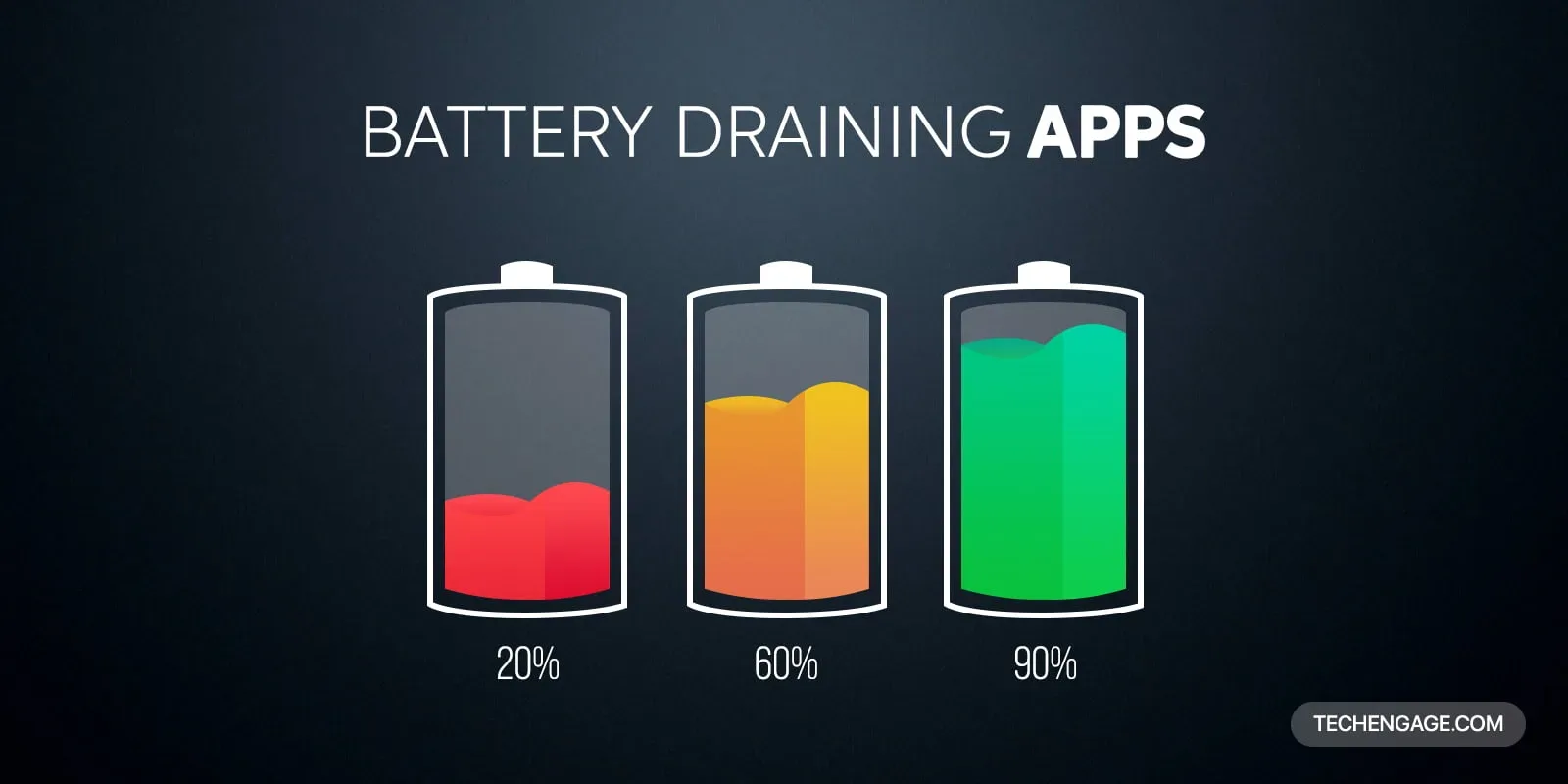Intel’s interim CEO Bob Swan issued an unusual letter that contains Intel’s tight supply concerns. He has highlighted increasing demands of PC is the major cause of supply shortage.
CEO Bob declared that “Strong demand for gaming as well as the commercial system is the cause of supply Shortage.”
Higher demand fixed with extraordinary production concerns for its 10nm architecture has made things tinny for Intel. However, Swan says it’s “making progress” with those chips as invention rises in 2019.
Further, the CEO acknowledged the congested supply specifically at the entry-level PC, which is not sufficient to meet the company’s current year’s revenue curve.
Intel strategizes to introduce priority plans for the premium market in the short term, with Xeon and core processors. The aim of launching the premium plan is to serve high-processing sectors in the computer market. Also, Intel is planning to invest $15 billion of the company’s capital in expenditures, while $1 billion is reserved for producing 14nm silicon in U.S., Ireland, and Israel.
Intel plans to produce innovative chips that will boost the processing capacity and fill the gap in the market. The demand for PC is increasing excessively because of increasing data. Computer hubs need to embed efficient processing chips for data capture, maintenance, and retrieval.
The computer industry can’t survive without innovation. Thus, Intel is trying to meet the need of the hour.
Presently, it is not enough to work at high speed only. Storage is another growing concern for many. To store the bulk of data, large storage capacities are crucial. Therefore, we expect Intel to consider this critical and sensitive detail while manufacturing high processing chips.
Apparently, higher demand for processing chips seems profitable for Intel. But the real challenge for the firm is to bring an innovative product to the market. Secondly, if the company fails to meet the growing market demands, this might reverse Intel’s success.
On the other hand, Intel’s limited supply gives significant leverage to the competitors like ADM and Qualcomm to place their products in the global market, especially laptops that have a long-lasting battery and quality processors.
The current situation is critical for Intel. The company needs to launch new processing chips for the sake of customer retention.
Do you think Intel can survive the heat? Stay connected to learn about Intel.



